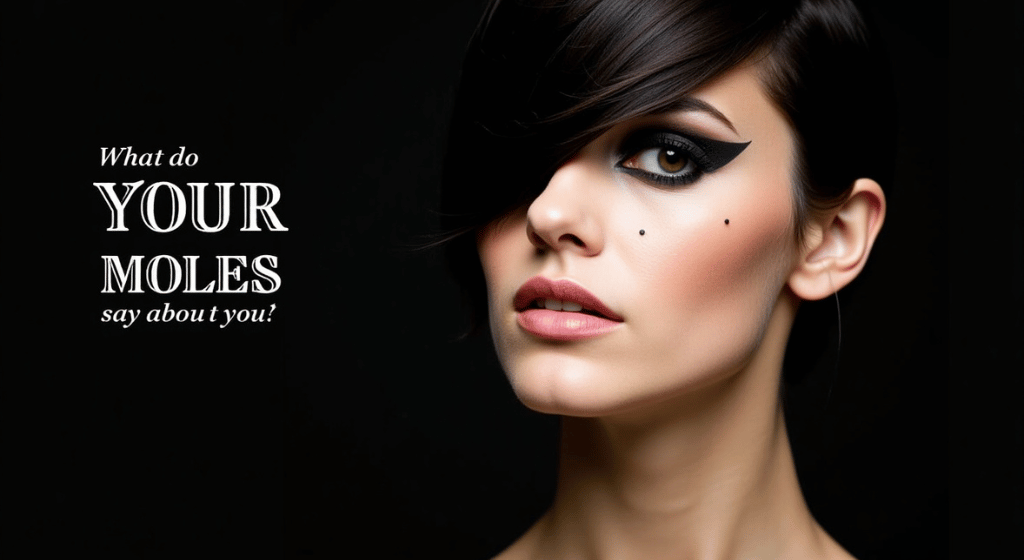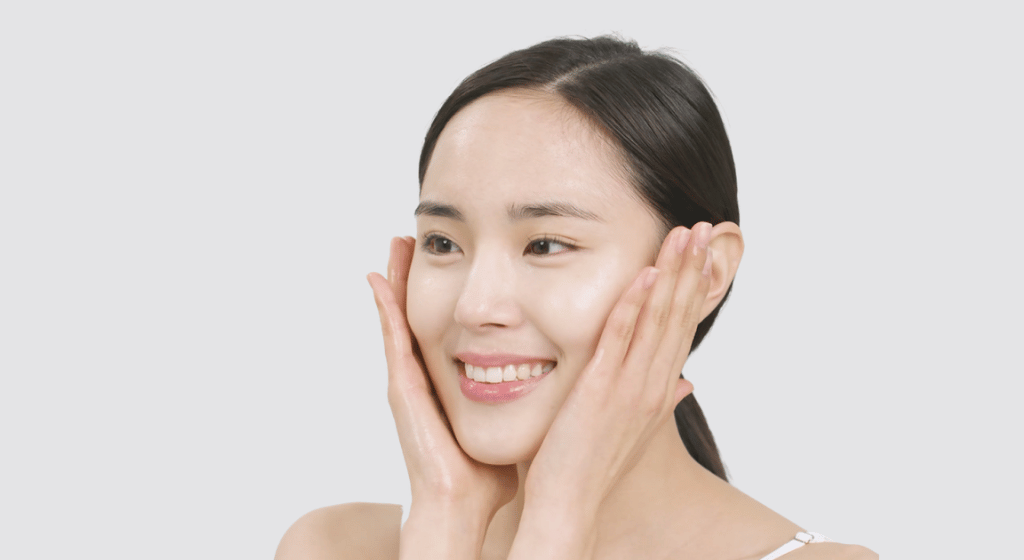Do you suffer from regular pimples on your chin, here’s what it really means
Modern lifestyle choices have given rise to various health issues, with the emergence of acne, particularly on the chin and other facial areas, being a notable concern. While acne is commonly associated with puberty, an increasing number of cases are being observed in individuals in their 30s and 40s, prompting some to refer to it as an “epidemic,” according to the English daily Telegraph.
Health professionals and skincare experts attribute this surge in acne to unhealthy dietary practices, particularly the consumption of gluten-rich foods, high-fat dairy products, sugar, and alcohol. These specific food groups are identified as significant contributors to acne breakouts, particularly in the chin region.
The condition of your skin is often a reflection of your internal health. Dietary choices that irritate your system are likely to manifest on your face. Exploring the impact of certain food groups on the skin, we examine the potential harm caused by the following:
- Alcohol:
Excessive alcohol consumption is linked to the development of spots, skin blemishes, and enlarged pores, particularly noticeable between the eyebrows. Medical professionals caution against the detrimental effects of alcohol and wine on the skin, attributing them to the high sugar content and the stress they impose on the digestive system, notably the liver. Despite arguments about the antioxidant content of wine, it’s acknowledged that it can trigger the release of histamine in the blood, leading to skin redness and the formation of pimples.
To mitigate the negative impacts of alcohol on the skin, skincare experts recommend a complete abstinence from alcohol for approximately three weeks. After allowing the skin a period for rejuvenation and detoxification, it is advisable to consume alcohol moderately, not exceeding a cup, and limiting intake to six days a month. Importantly, these days should not be consecutive, and sufficient gaps between indulgences are encouraged. Opting to enjoy a drink over the weekend while abstaining from alcohol during the rest of the week is a prudent approach.
Regarding dairy products, despite their reputation for being nutrient-rich with calcium, protein, and vitamins, they may become less compatible with the aging process. This is due to the body’s diminishing ability to produce the enzyme necessary for lactose breakdown in dairy. The manifestation of acne on the face and chin can be attributed to this factor. Switching to non-dairy alternatives like soy milk, oat milk, almond milk, tofu, and soy creamers is recommended. Those who have a strong affinity for dairy products might consider a temporary break, allowing acne to subside. Upon observing skin improvement, reintroducing dairy should be approached cautiously, avoiding sporadic consumption.
Addressing the impact of sugar on the body, it is acknowledged as a primary contributor to various health issues. Sugary foods and refined carbohydrates can disrupt insulin function, elevate metabolism, and trigger the formation of red, inflamed, pus-filled blisters on the skin. The resulting inflammation poses a risk to delicate collagen and elastin, emphasizing the importance of moderating sugar intake for skin health.
The best solution to get rid of sugar-induced acne is to eliminate all foods high in sugar from your diet. It’s okay to have a treat once in a while, but habitual consumption of refined flour, sweets, chocolate or soft drinks may hamper normal skin functions.
- Algluten
If you feel like your patchy red cheeks or pimples are a stubborn chin, you can blame your gluten intake. Isn’t it strange that gluten has suddenly taken center stage as the new cause of inflammation? Well, that actually seems to be the case.
Gluten sometimes causes hormonal imbalances that lead to increased sebum production. It also leads to clogged skin pores, paving the way for bacteria to multiply and cause acne. Gluten causes the body to release histamine, which causes inflammation.
It may be helpful to avoid gluten products such as bread, pizza, pasta, wraps and tortillas and switch to other grains such as rice, oats, amaranth and the like to avoid any breakouts.


